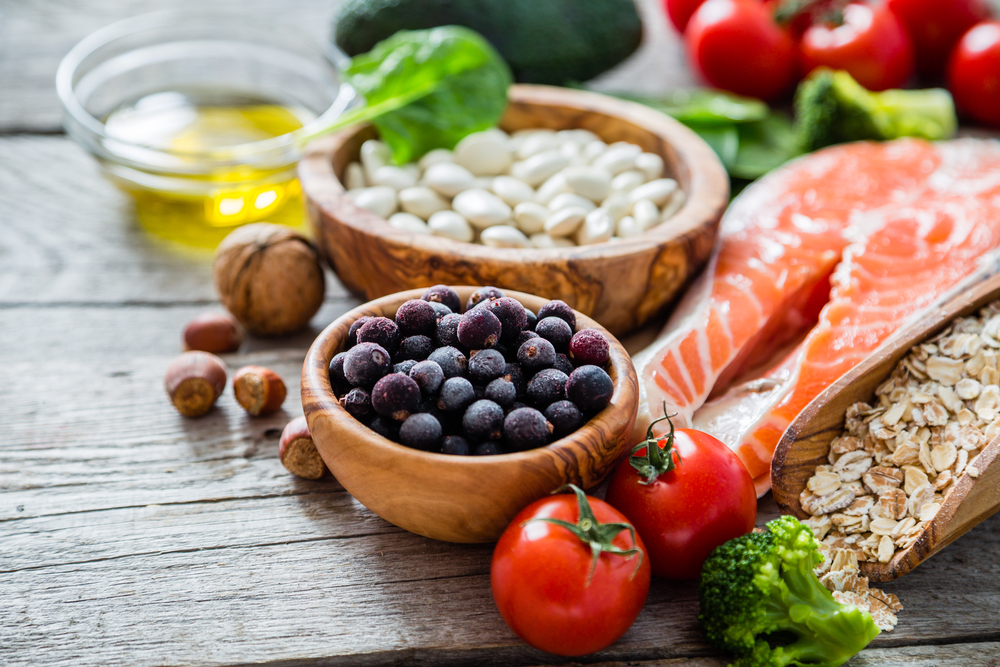Polycystic Ovary Syndrome (PCOS) is a hormonal disorder affecting millions of women globally, especially those of reproductive age. While symptoms may vary—from irregular periods and acne to weight gain and fertility challenges—managing PCOS starts with a lifestyle shift, and diet plays a central role. Eating the right foods can help regulate hormones, support insulin sensitivity, and ease symptoms. However, just as important as what to eat is what to avoid. Recent studies show that a high-sugar, high-carb, and processed-food-rich diet can worsen PCOS symptoms by triggering insulin spikes and inflammation. Insulin resistance, a hallmark of PCOS, occurs when the body struggles to use insulin effectively, often resulting in elevated blood sugar levels and fat storage. Therefore, women with PCOS are encouraged to eliminate or significantly reduce specific food types to achieve hormonal balance and sustainable weight management.

Read Also: Charcoal-Grilled Meat Hits Different

At the top of the list are refined carbohydrates. These include white bread, pasta, pastries, and other baked goods made from white flour. They are digested quickly and spike blood sugar levels, which worsens insulin resistance. Replacing these with whole grains like quinoa, brown rice, or oats can help stabilize blood sugar and improve satiety.
Next are sugary snacks and beverages—sodas, candy, packaged fruit juices, and energy drinks. These are particularly dangerous because they deliver an immediate sugar rush without any nutritional benefit. Over time, frequent sugar consumption leads to persistent insulin spikes and increased androgen production, which can trigger acne and excessive hair growth, two common symptoms of PCOS. Instead, opt for natural sweeteners like stevia in moderation or reach for whole fruits like berries and apples, which are lower in glycemic load and packed with fiber.
Dairy products, especially those high in fat and hormones, have also come under scrutiny. Some studies suggest dairy may influence insulin levels or contribute to increased androgen levels in certain individuals. While research is still ongoing, women with PCOS who experience digestive issues or hormonal fluctuations after consuming dairy may consider switching to almond, oat, or coconut milk alternatives.
Another dietary red flag is fried and fast foods. Burgers, fries, and heavily processed snacks are typically high in trans fats, which promote inflammation and disrupt hormone regulation. Trans fats also worsen cholesterol levels, increasing the risk of cardiovascular diseases—something women with PCOS are already predisposed to.
Processed meats, such as sausages, bacon, and deli slices, should also be minimized. These meats often contain high sodium levels, preservatives, and unhealthy fats, all of which can negatively impact hormonal health and promote weight gain, especially around the abdomen. Alcohol, particularly sugary cocktails and heavy beers, is another culprit. Alcohol not only affects liver function but also disrupts sleep, increases sugar levels, and may worsen hormonal imbalances. Women with PCOS should consume alcohol only occasionally and opt for lighter options like dry wine or spirits mixed with water.
Finally, gluten may be problematic for some women with PCOS, especially those with digestive sensitivities or autoimmune tendencies. While not all PCOS sufferers need to go gluten-free, tracking how your body reacts to gluten-containing foods can help in creating a personalized diet plan. In summary, managing PCOS starts in the kitchen. Avoiding processed sugars, refined carbs, unhealthy fats, and hormone-disrupting foods can significantly reduce symptoms and improve long-term health. As more women become aware of the connection between food and hormonal balance, healthcare providers are increasingly advocating for nutritional therapy alongside medical treatment. The journey toward managing PCOS is unique for every woman, but one universal truth remains: food is powerful medicine. By making mindful dietary choices and steering clear of these aggravating foods, women with PCOS can reclaim control over their bodies and live fuller, healthier lives.



